
Iran's retaliatory drone and missile attack on Israel early on April 14 dealt "heavy blows" to an Israeli air base in the Negev desert, Iranian state media reported.
The official IRNA news agency said that "Israel's most important air base in the Negev desert was successfully targeted by Kheibar missiles", adding that "images and data show that the base suffered heavy attacks".
Israel Defense Forces (IDF) spokesman Daniel Hagari said on April 14 that dozens of ballistic missiles were launched during Iran's attack, some of which fell into Israel, "causing minor damage" to a military base in the South.
Hagari added that most of the Iranian missiles were intercepted by the Arrow long-range defense system and fell outside Israeli territory. In addition, Israeli fighter jets also successfully intercepted dozens of Iranian cruise missiles and unmanned aerial vehicles (UAVs).
Mr. Hagari said that in total, Iran had launched more than 200 objects toward Israel, but noted that the attack was not over yet.
Channel 12 TV reported that on April 14, Israel's War Cabinet was given the authority by the country's Security Cabinet to decide on responses to Iran's attack.
This means that the War Cabinet – consisting of three members: Prime Minister Benjamin Netanyahu, Defense Minister Yoav Gallant and former Army Chief Benny Gantz – will not need to consult the Security Cabinet before taking retaliatory actions against Iran.
Israeli authorities announced that the country's airspace will be closed to all international flights arriving and departing at 22:30 GMT on April 13 (5:30 a.m. April 14 Vietnam time). Iraq has also closed its airspace and suspended all domestic flights. Jordan, a country located between Iraq and Israel, also closed its airspace earlier.
In his first response, Prime Minister Benjamin Netanyahu declared that Israel was prepared for a direct attack from Iran and would respond accordingly.
Reasons from Iran
Iran's permanent mission to the United Nations (UN) announced on April 14 that its military action against Israel was based on Article 51 of the UN Charter, in response to Tel Aviv's recent bloody attack on Iran's diplomatic facility in the Syrian capital Damascus.
In a statement quoted by the official IRNA news agency, Iran's permanent mission to the United Nations cited Article 51 of the UN Charter, which allows for legitimate self-defense, to defend its retaliatory drone attack on Israel on the night of April 13 (early morning of April 14, Vietnam time).
Iran's mission to the UN also said that if the Security Council had condemned Israel's attack on the consular building in the Iranian Embassy in Syria and then prosecuted the perpetrators, Iran's retaliation against Israel might have been avoided.
Earlier, Israeli Defense Minister Yoav Gallant called his US counterpart Lloyd Austin to "inform about upcoming responses to Iran's attack".
Countries' reactions to Iran-Israel tensions
UN Secretary-General António Guterres has strongly condemned the current tensions between Iran and Israel, expressing deep concern over the risk of a “devastating escalation” across the region. He called on all parties to exercise maximum restraint to avoid any action that could lead to a major military confrontation on multiple fronts in the Middle East.
Immediately after hundreds of Iranian drones and ballistic missiles were launched into Israeli territory, US President Joe Biden held an emergency meeting with top security officials to review the situation, while pledging to protect Israel at all costs from Iranian attacks.
Meanwhile, the British government announced it was sending more fighter jets to the Middle East and would deter air strikes if necessary after Iran launched attacks on Israel.
For its part, Germany warned that an Iranian drone and missile attack on Israel could "plunge an entire region into chaos," and called on Tehran to stop the attacks.
Spanish Prime Minister Pedro Sanchez expressed his "deepest concern" over Iran's attack on Israel, urging all sides to avoid escalating tensions at all costs. He also said the Spanish government was in contact with embassies in the region to provide assistance to Spanish citizens. Portuguese Prime Minister Luis Montenegro also urged Iran, Israel and all parties involved to exercise restraint to avoid escalating violence.
The Saudi Arabian Foreign Ministry has reaffirmed its position, emphasizing the role of the United Nations Security Council in maintaining international peace and security, especially in the Middle East - a region that is very sensitive to global peace and security.
It is vital to prevent any further escalation of tensions in the Middle East, Saudi Arabia's foreign ministry said, adding that moves that worsen the situation would only lead to "catastrophic consequences".
Citizens advised on Iran-Israel tensions
Amid such escalating tensions, a number of countries have advised their citizens to limit travel to Israel and Iran.
In a notice on April 12, the Ministry of External Affairs of India advised its citizens not to travel to Iran and Israel until further notice, citing the tense situation in the region. The ministry added that Indian citizens in the two countries should follow maximum safety precautions and keep their movements to a minimum. Earlier, countries including the US and Russia issued similar travel advisories for their diplomatic staff and citizens in the region.
On the same day, France warned its citizens to avoid traveling to Iran, Lebanon, Israel and the Palestinian territories in the coming days. Foreign Minister Stephane Sejourne also ordered the evacuation of family members of French diplomats in Iran and no French officials were sent on official business trips to the countries on the list.
Meanwhile, German airline Lufthansa has extended its suspension of flights to and from Iran's capital Tehran until April 18 and flights will not fly over Iranian airspace during that time.
Austrian Airlines is currently the last Western European airline still operating flights to Iran and has also said it will suspend all flights from Vienna to Tehran until April 18 in response to escalating tensions in the region.
"Flight routes passing through Iranian airspace will also be adjusted. The safety of our passengers and crew is our highest priority," the airline said in a statement.
Source



![[Photo] "Beauties" participate in the parade rehearsal at Bien Hoa airport](https://vstatic.vietnam.vn/vietnam/resource/IMAGE/2025/4/11/155502af3384431e918de0e2e585d13a)
![[Photo] Looking back at the impressive moments of the Vietnamese rescue team in Myanmar](https://vstatic.vietnam.vn/vietnam/resource/IMAGE/2025/4/11/5623ca902a934e19b604c718265249d0)



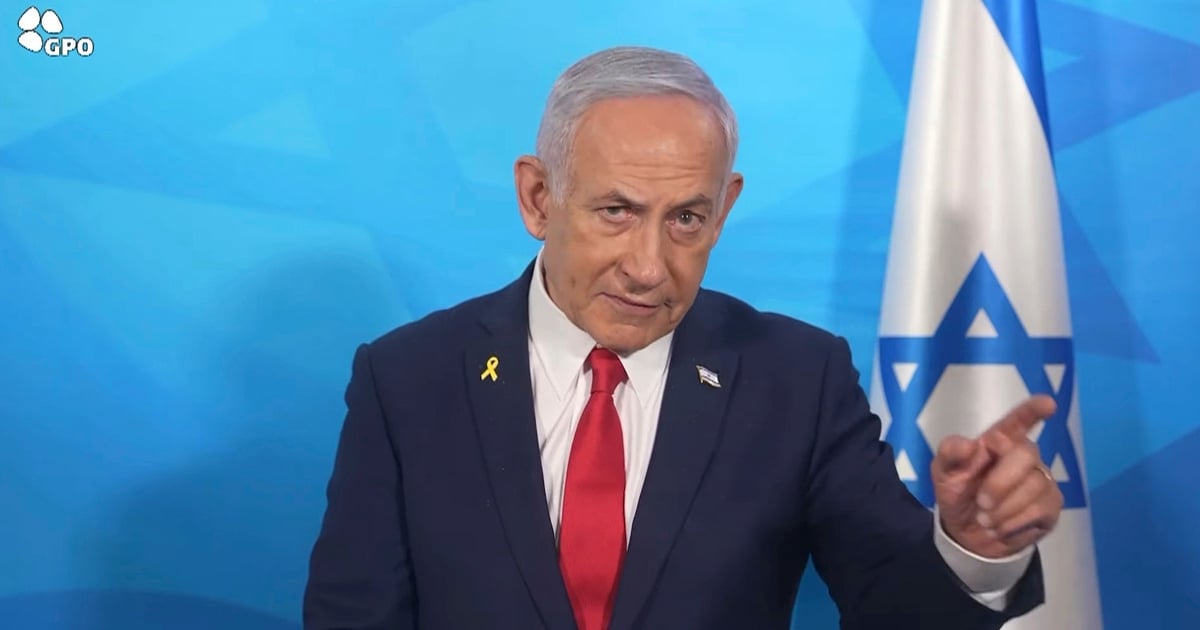

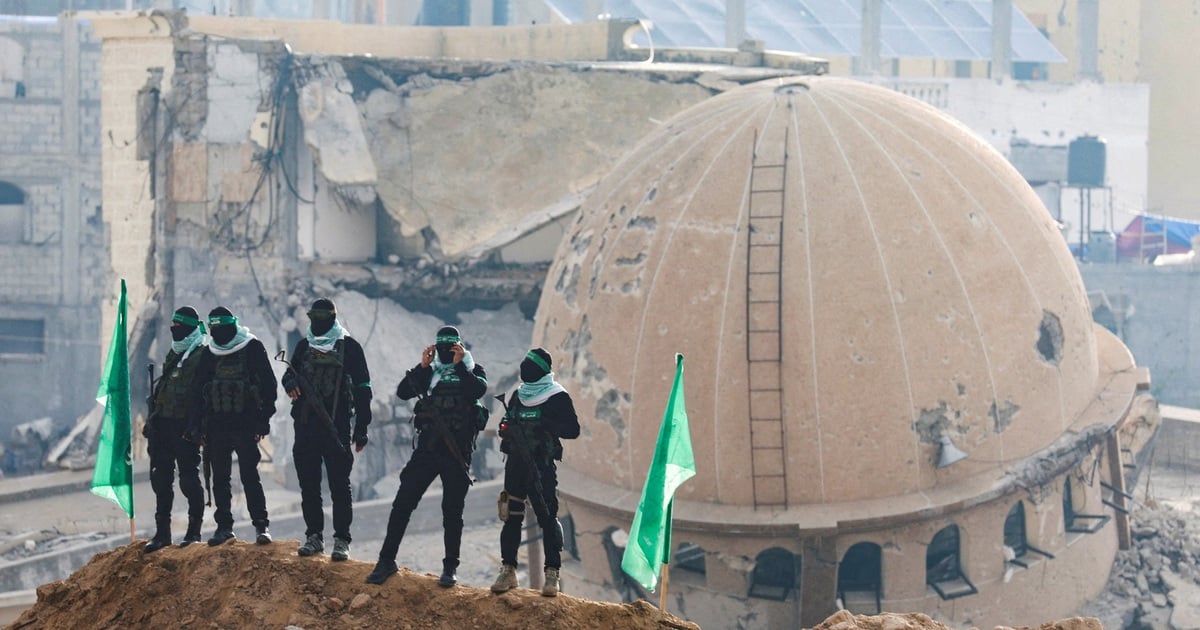
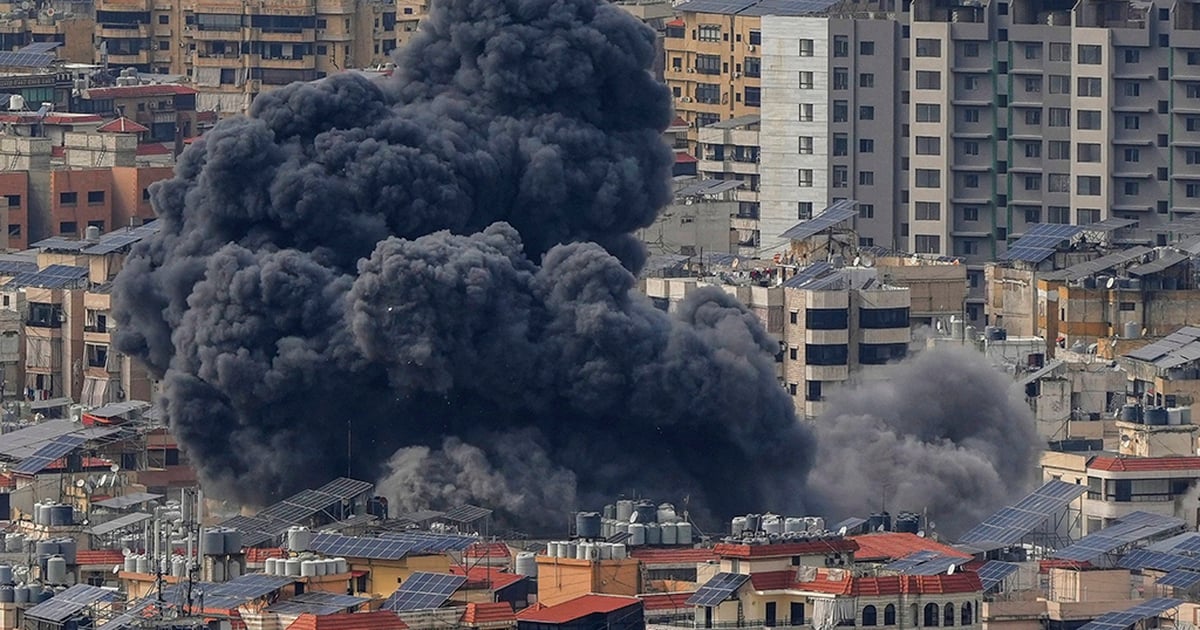
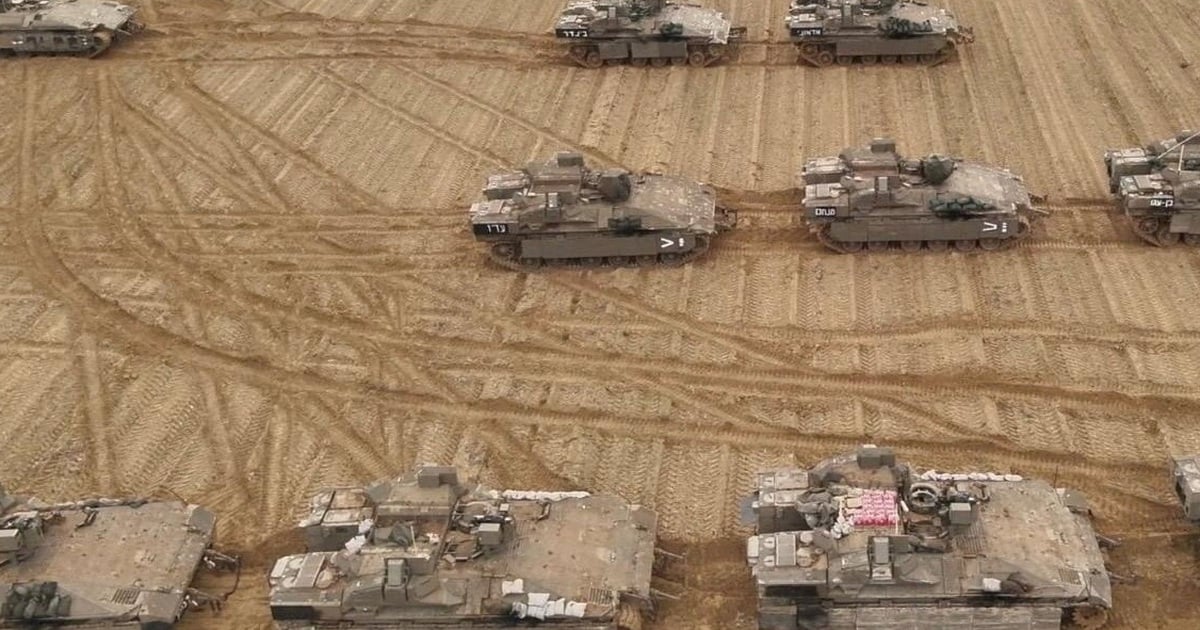
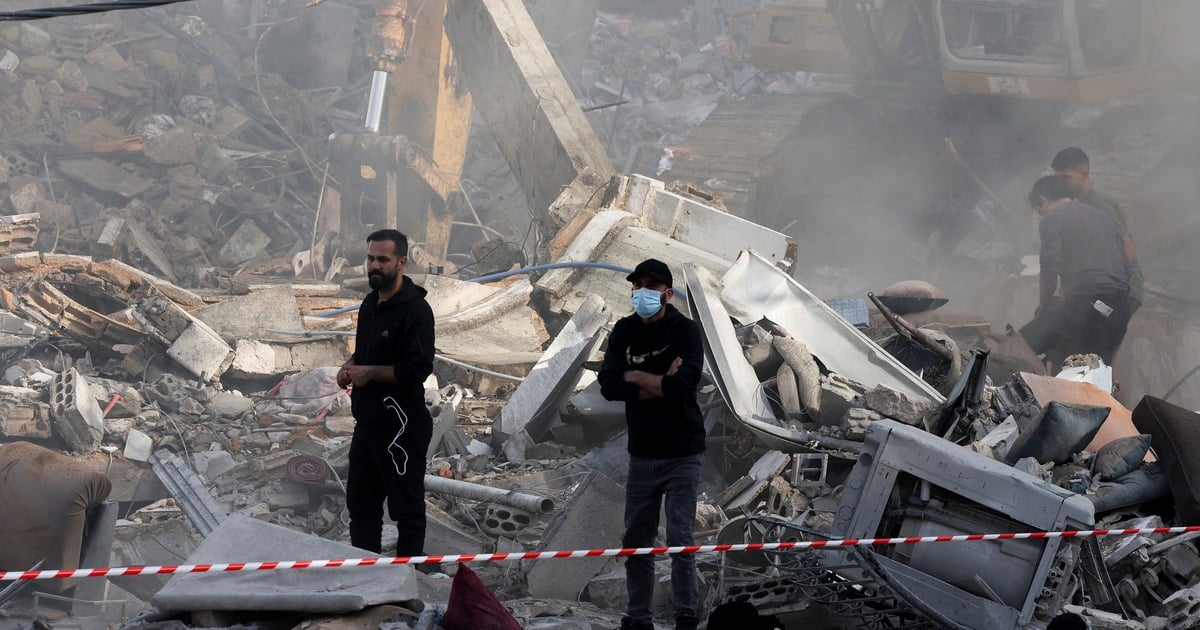
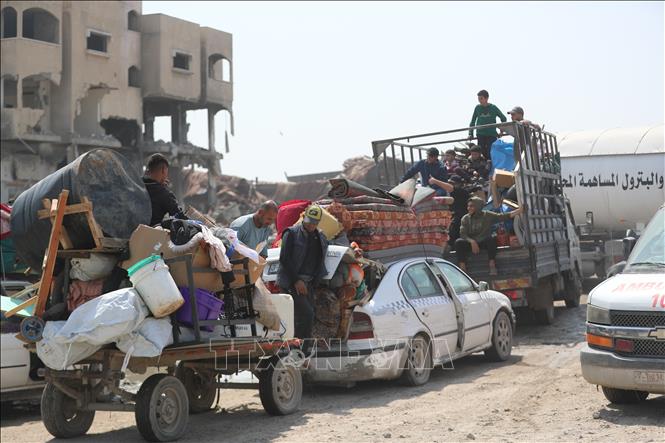















![[Photo] Summary of parade practice in preparation for the April 30th celebration](https://vstatic.vietnam.vn/vietnam/resource/IMAGE/2025/4/11/78cfee0f2cc045b387ff1a4362b5950f)





























































Comment (0)